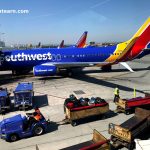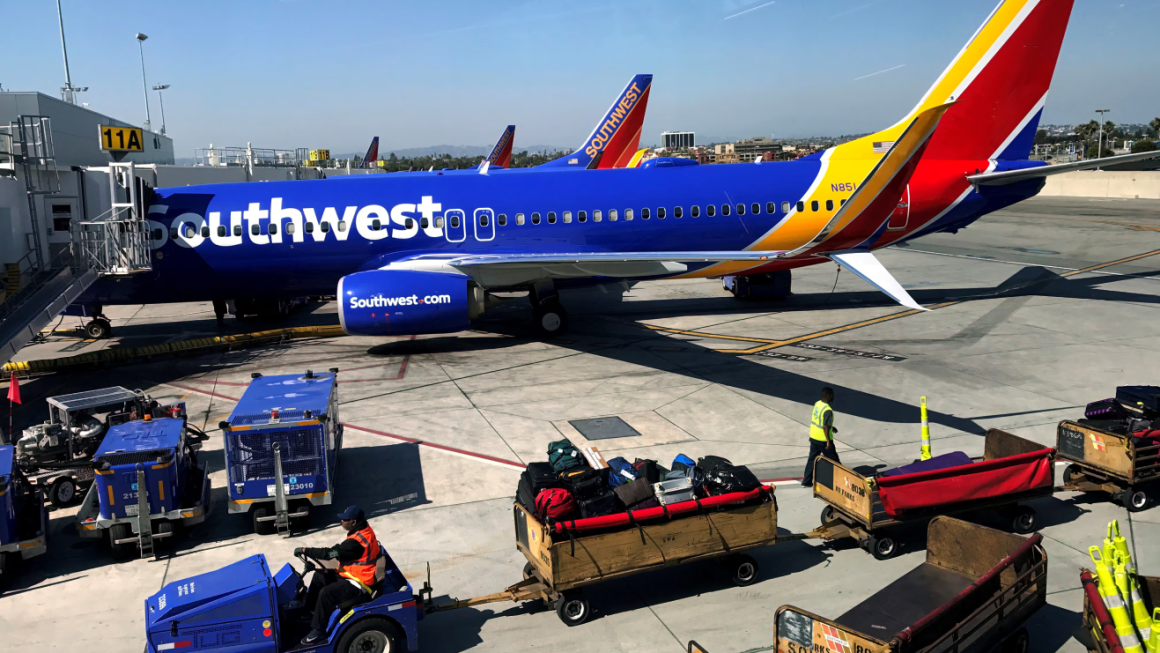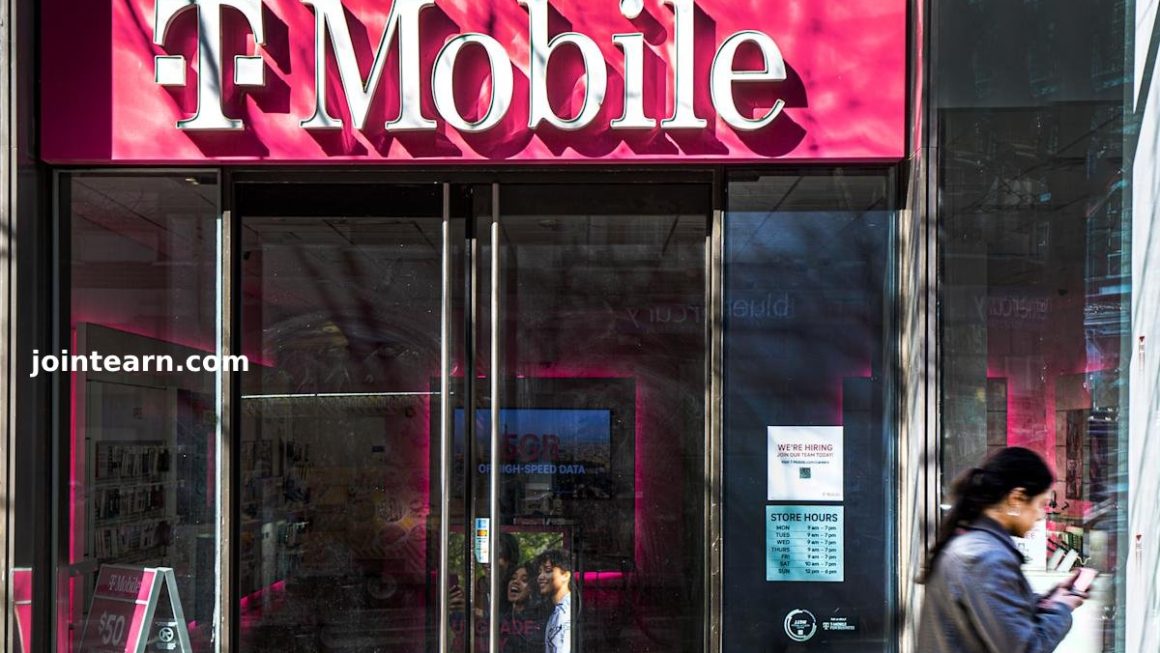Lagos, Nigeria – Bolt, the Estonian-based ride-hailing company, has rapidly established itself as a dominant player in Nigeria’s competitive transportation sector, setting a new benchmark in both service delivery and innovation. Since its entry into the Nigerian market, Bolt has managed to not only compete with industry giants like Uber but also stay ahead of the curve through a commitment to consistency, improved user experience, and bold innovations that address the unique challenges of the Nigerian transportation landscape.
The ride-hailing sector in Nigeria, particularly in urban centers like Lagos and Abuja, has become a fast-growing and highly competitive industry. With the influx of players offering similar services, consumers are spoilt for choice. However, Bolt has set itself apart by not just focusing on competition but also on creating a sustainable service model that fosters customer loyalty and meets the specific needs of the Nigerian market.
A Strategic Focus on Consistency
One of the key differentiators for Bolt in the Nigerian ride-hailing market has been its consistent service delivery. Consistency, often overshadowed by innovation, has proven to be an essential factor in the company’s ability to sustain its growth. From its inception, Bolt has invested heavily in ensuring that riders and drivers have a seamless experience on the platform.
For riders, the reliability of Bolt’s service is critical, especially in a country like Nigeria, where traffic congestion, unpredictable weather, and other logistical challenges can make transportation a hassle. Bolt has minimized these uncertainties by ensuring that customers can easily hail a ride, track their driver’s location in real-time, and enjoy a smooth ride to their destination. This consistency in service quality has helped Bolt build a strong customer base, particularly among people who value reliability over price alone.
For drivers, Bolt has worked to create a platform that is both user-friendly and lucrative. The company provides incentives and transparent payment systems, which has attracted a steady stream of drivers to the platform. Bolt’s driver support system ensures that drivers can easily access information, resolve issues, and stay motivated through consistent earnings. This approach has helped the company build a community of drivers who are loyal to the platform, creating a win-win situation for both parties.
Innovation Tailored to the Nigerian Market
While consistency has been key to Bolt’s success, innovation has been another cornerstone of its strategy. Understanding the unique challenges faced by Nigerian commuters, Bolt has focused on introducing features and services that cater to the local market.
For instance, one of the standout innovations by Bolt is its ability to offer affordable pricing while maintaining high-quality services. In a country where price sensitivity is high, Bolt has made significant efforts to keep fares competitive without compromising the comfort and safety of its riders. The company has introduced flexible payment options, including cash payments, which are particularly important in Nigeria where many people still prefer cash transactions over digital payments.
Another critical innovation is the Bolt “Bike” service, which was launched to address the challenge of Lagos traffic. With motorcycle taxis, known locally as “Okadas,” being a common mode of transport in many parts of Lagos, Bolt introduced the Bolt Bike service as a safe and regulated alternative. The service allows riders to bypass traffic jams, making it a popular option for those in a hurry. Additionally, Bolt’s emphasis on safety, including rider helmets and the mandatory provision of insurance, has made the service more appealing to safety-conscious Nigerians.
Moreover, Bolt’s focus on driver-partner satisfaction has translated into a host of features designed specifically for drivers. The company has developed a driver-friendly app that offers detailed earnings reports, navigation tools, and 24/7 support. This innovation has made it easier for drivers to manage their time, routes, and finances, fostering a stronger relationship between the platform and its workforce.
Leveraging Technology for Better Service
As competition in Nigeria’s ride-hailing sector intensifies, Bolt has leaned heavily on technology to enhance its operational efficiency. The company has leveraged data analytics and artificial intelligence (AI) to improve route optimization, reduce wait times, and improve the overall customer experience. By analyzing traffic patterns, weather data, and ride preferences, Bolt’s app is able to make real-time adjustments to minimize delays and ensure faster response times for riders.
Another technological advantage is Bolt’s in-app safety features. The company has integrated a range of safety measures into its platform, including an emergency button that allows riders and drivers to alert authorities or family members in case of an emergency. This feature is especially crucial in a country where security concerns remain top of mind for many users of ride-hailing services.
Furthermore, Bolt has made use of real-time feedback from both drivers and passengers to continuously improve its services. This data-driven approach ensures that issues such as car quality, driver behavior, or payment glitches are quickly addressed. The company also uses technology to manage surge pricing, ensuring that it remains transparent and reasonable even during peak hours.
Addressing Regulatory and Environmental Challenges
Like other players in the ride-hailing industry, Bolt has had to navigate a complex regulatory environment in Nigeria. Local governments in Lagos and other cities have at times introduced regulations that have challenged the operations of ride-hailing companies, such as limitations on the number of cars that can operate or the introduction of new fees. Bolt has consistently worked with regulators to ensure compliance with local laws while lobbying for policies that support sustainable growth in the sector.
In addition to regulatory challenges, environmental concerns have also prompted Bolt to invest in eco-friendly initiatives. Recognizing the growing need for environmental sustainability, the company has initiated projects aimed at reducing its carbon footprint, including the gradual introduction of electric vehicles (EVs) into its fleet. Bolt’s efforts to explore greener alternatives have resonated well with environmentally conscious consumers and governments, positioning the company as a forward-thinking leader in the ride-hailing industry.
Building Trust and Community Engagement
Bolt has also focused on building trust within Nigerian communities through strategic corporate social responsibility (CSR) initiatives. From supporting local businesses to promoting safe driving practices, Bolt’s community engagement efforts have helped improve its public perception. The company has also provided educational materials for both drivers and riders to promote road safety and responsible driving.
Through its CSR initiatives, Bolt has become more than just a ride-hailing platform in Nigeria—it has positioned itself as an active participant in the nation’s social fabric. This community engagement has fostered brand loyalty, which is essential in an industry that thrives on trust and customer satisfaction.
Looking Ahead: The Future of Bolt in Nigeria
As the ride-hailing industry in Nigeria continues to evolve, Bolt’s ability to maintain consistency while innovating will be crucial to its long-term success. The company’s focus on addressing the unique challenges of Nigerian commuters, its commitment to improving the driver experience, and its ongoing investment in technology are likely to keep it at the forefront of the industry.
In the coming years, Bolt plans to expand its offerings even further, tapping into underserved regions of Nigeria and introducing more localized services. As the market matures, Bolt’s emphasis on innovation and consistency will continue to shape the future of ride-hailing in Nigeria, and by extension, in Africa.
With a focus on creating value for both riders and drivers, maintaining high standards of safety, and embracing sustainable practices, Bolt is well-positioned to solidify its position as a leader in Nigeria’s competitive and dynamic ride-hailing market.











